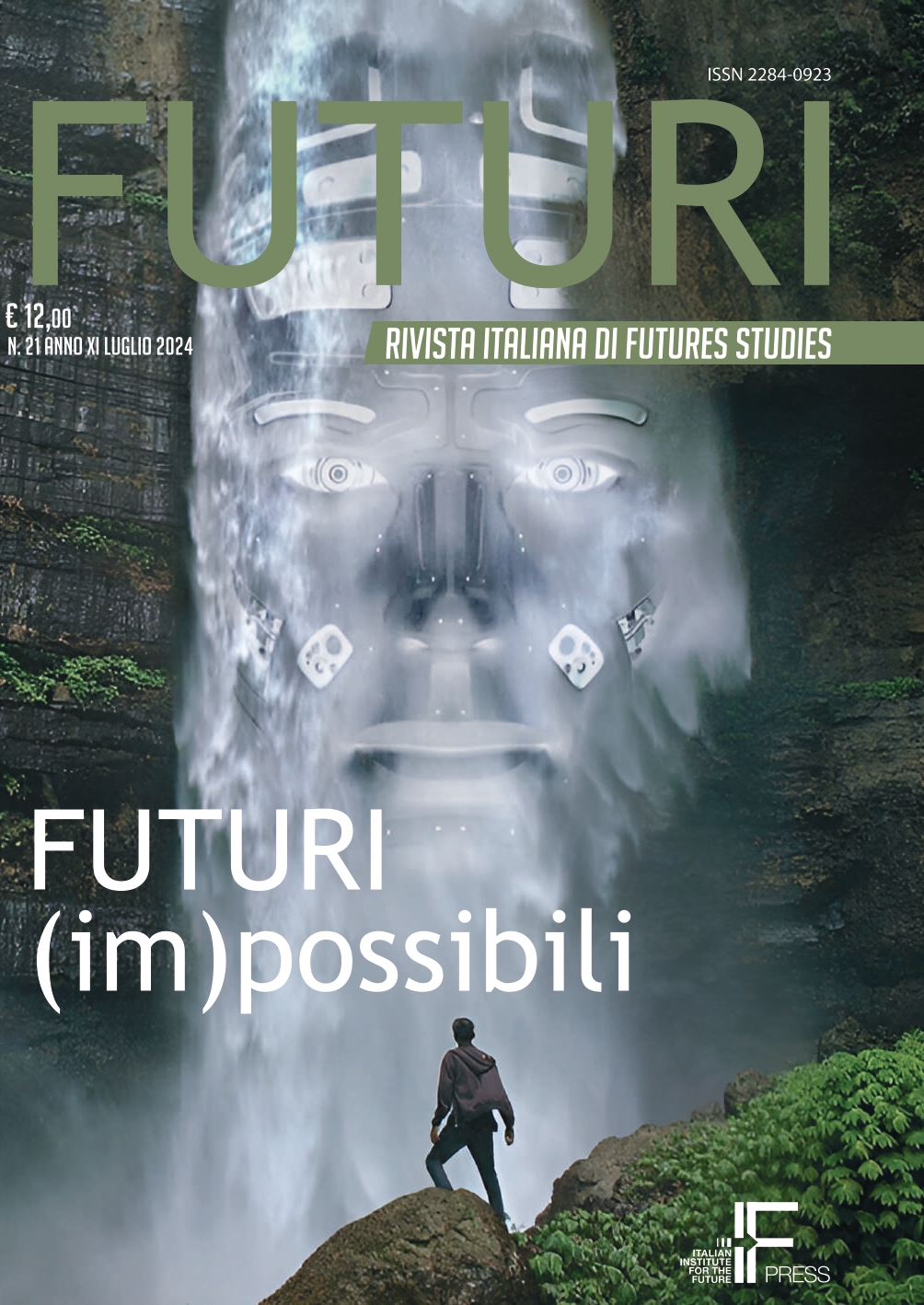Focus

Published 17-10-2024

This work is licensed under a Creative Commons Attribution-NonCommercial-NoDerivatives 4.0 International License.
Abstract
Could mathematical modeling improve the predictability of the application of the law and reduce its “randomness” and “uncertainty” to the extent that an automated decision-making process can be proposed? Is it possible to discuss a hypothetical algorithmic-legal programming of an “exact” future, that is not simply a projection of the past into the future and that rejects human unpredictability and inconsistency, based on the assumption that human events can be anticipated and controlled?
